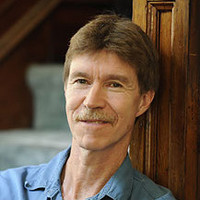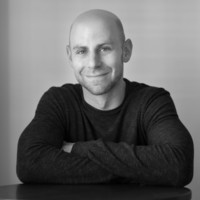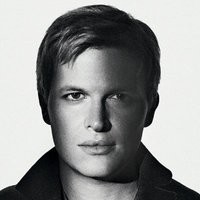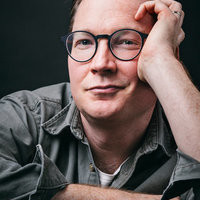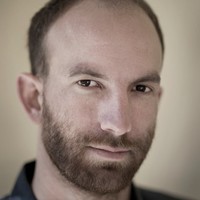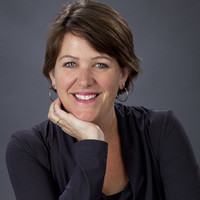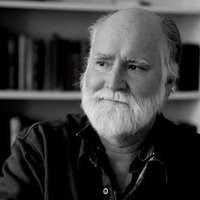Our Own Worst Enemies
In the fantasy and superhero realm, the most chilling and compelling villain of the year was surely Magneto, who in X-Men: First Class is more of a proto-villain, a victim of human cruelty with a grudge against the nonmutants of the world rooted in bitter and inarguable experience. Magneto is all the more fascinating by virtue of being played by Michael Fassbender, the hawkishly handsome Irish-German actor whose on-screen identity crises dominated no fewer than four movies in 2011. Magneto, more than the others, also evokes a curious kind of self-reproach, because his well-founded vendetta is, after all, directed against us.






